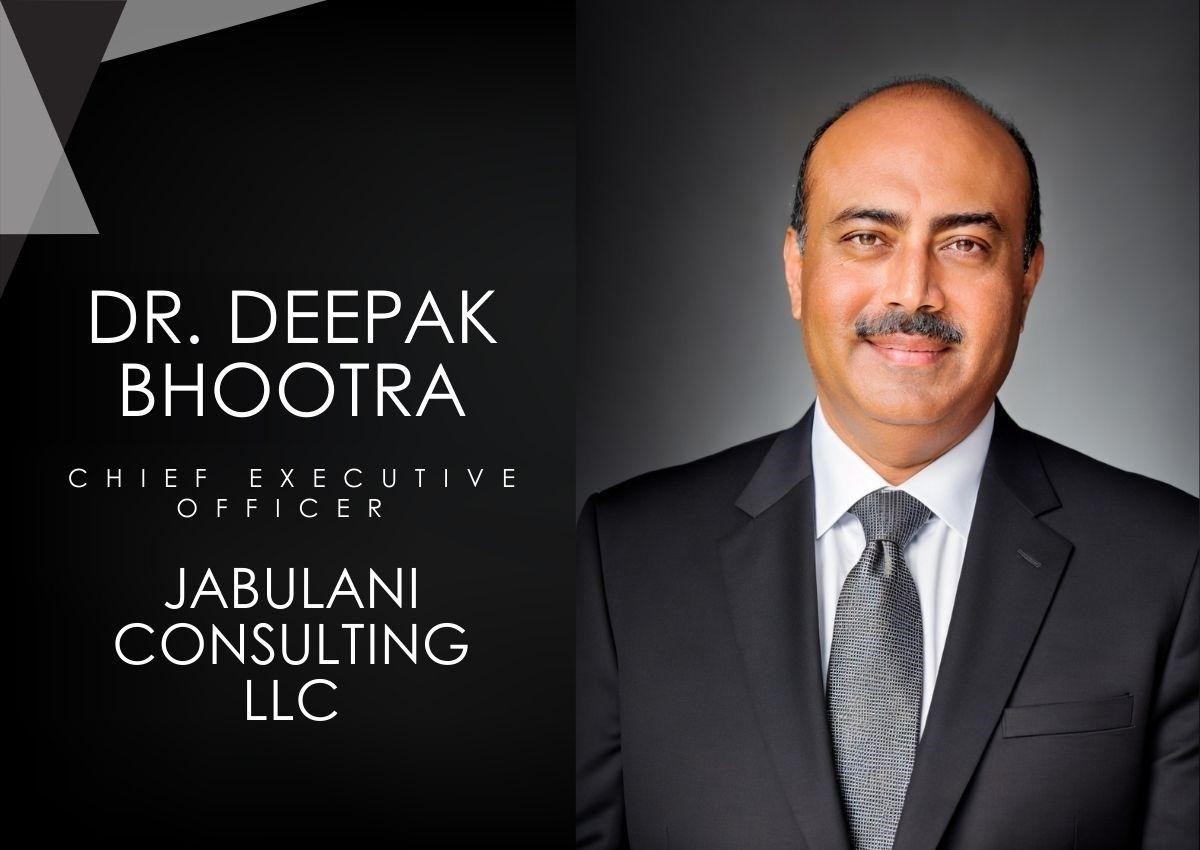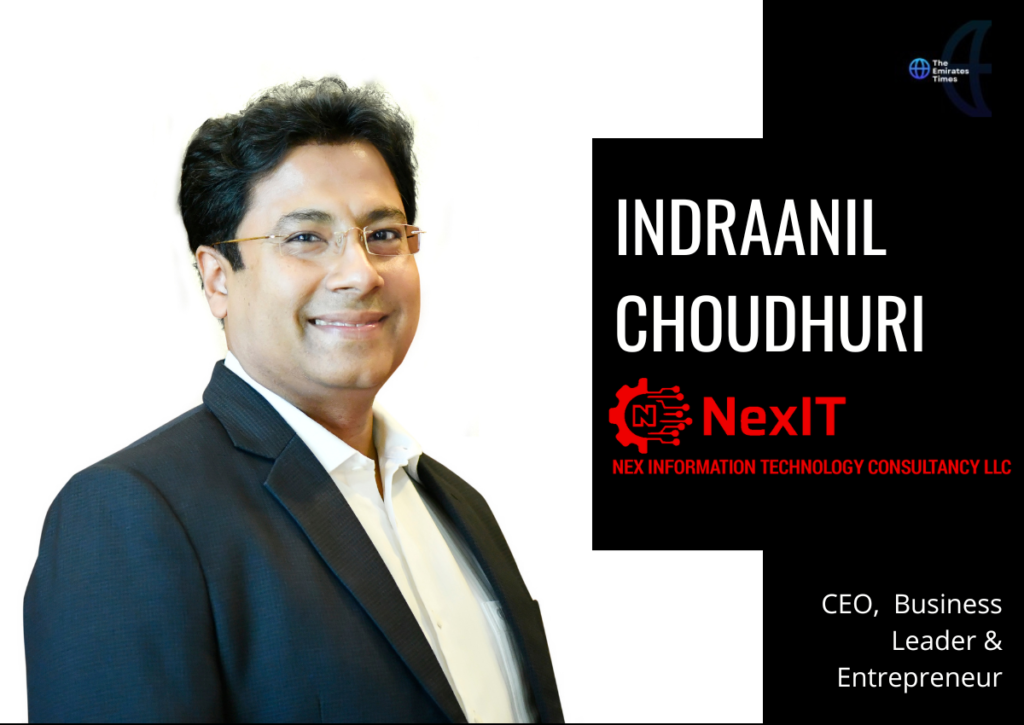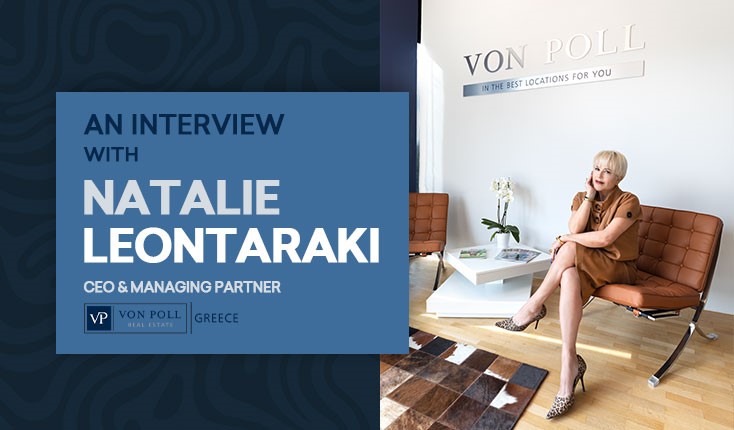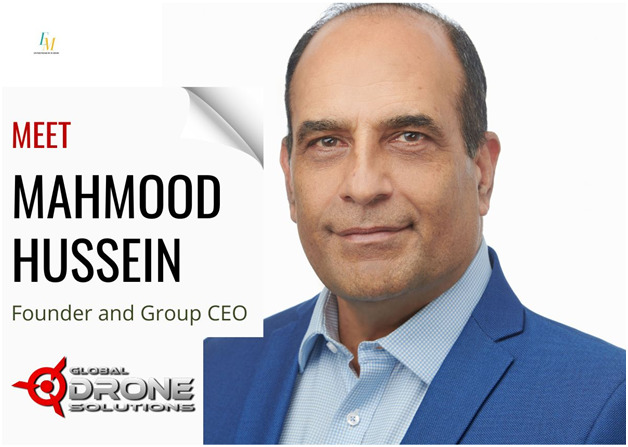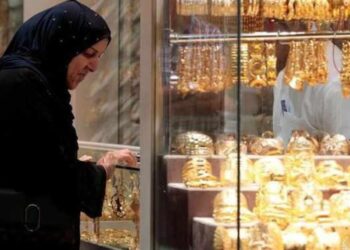Entrepreneurship is often associated with young, dynamic individuals brimming with fresh ideas and innovative solutions. However, the notion that entrepreneurship is exclusively reserved for the young is a common misconception. Age should never be a barrier to pursuing entrepreneurial dreams. Numerous successful entrepreneurs started their ventures later in life and achieved remarkable success. This post discusses why age should not hinder one’s entrepreneurial journey and explores inspiring examples of entrepreneurs who defied age stereotypes to build thriving businesses.
Experience as an Asset
One significant advantage that older entrepreneurs bring is their wealth of experience. Years spent working in various industries provide them with valuable insights, a robust network, and a deep understanding of market dynamics. This experience gives them an edge in identifying untapped opportunities and navigating challenges that younger entrepreneurs might not be equipped to handle.
An excellent example of experience as an asset is Harland David Sanders, famously known as Colonel Sanders, the founder of KFC. He was 65 years old when he franchised his first Kentucky Fried Chicken restaurant, and his vast culinary experience and secret recipe played a pivotal role in the company’s success.
Wisdom and Decision-making
Age often brings with it a heightened sense of wisdom and emotional intelligence. Older entrepreneurs tend to have a more measured approach to decision-making, drawing from a wealth of life experiences. They are less likely to make impulsive choices and are more adept at risk assessment and long-term planning.
Ray Kroc, the man behind the global success of McDonald’s, was 52 when he first encountered the McDonald brothers’ innovative fast-food system. His business acumen and strategic decision-making transformed McDonald’s into the iconic brand we know today.
Resilience and Perseverance
Entrepreneurship is not without challenges, and resilience is crucial for any business owner. Older entrepreneurs often have a lifetime of facing adversity, which has honed their ability to persevere in difficult times. Their determination and refusal to give up in the face of setbacks can be a driving force behind the success of their ventures.
Established Networks
Years of professional and personal relationships can be a valuable asset in entrepreneurship. Older entrepreneurs often have a more extensive and well-established network of contacts, which can open doors to partnerships, funding opportunities, and mentorship. These networks can catalyse growth and provide a competitive advantage to older entrepreneurs.
Pursuing Passion Projects
As people reach their later years, they may have the opportunity to pursue their passion projects and turn them into profitable ventures. Entrepreneurship allows one to explore new interests and hobbies and turn them into businesses that align with personal passions.
An inspiring example is the story of Grandma Moses, who began her painting career at age 78. Her folk art gained immense popularity, making her one of the most prominent artists of her time.
Addressing Unmet Needs
Older entrepreneurs have firsthand experience in identifying unmet needs and gaps in the market. Their unique perspectives often lead to the development of innovative solutions that cater specifically to older consumers, a demographic that younger entrepreneurs sometimes overlook.
A prime example of addressing unmet needs is the late Gary Dahl, who created Pet Rock in the 1970s. While seemingly a whimsical idea, Pet Rock tapped into people’s desire for companionship without the responsibilities of a real pet, making it a cultural phenomenon and a financial success.
Challenging Ageism Stereotypes
Ageism, discrimination based on age, is prevalent in many societies. Older entrepreneurs challenging ageist stereotypes not only shatter societal norms but also pave the way for other aspiring entrepreneurs, regardless of age. By showcasing their talents and success, they inspire people of all generations to pursue their dreams fearlessly.
Emotional Intelligence and Empathy
Emotional intelligence, the ability to understand and manage one’s emotions and empathise with others, is valuable for entrepreneurs. Older entrepreneurs often excel in this area due to their life experiences and maturity. They can connect with employees, customers, and stakeholders deeper, fostering strong relationships and building trust. This emotional intelligence enables them to create a positive work environment and maintain a loyal customer base, which can significantly contribute to the success of their ventures.
Jack Ma, the co-founder of Alibaba Group, is an excellent example of an entrepreneur who demonstrated remarkable emotional intelligence and empathy throughout his journey. As he built Alibaba into one of the world’s largest e-commerce companies, Jack Ma focused on understanding customers’ and employees’ needs and pain points. He empathised with the struggles of small businesses trying to reach a global audience and designed Alibaba’s platforms to cater to their requirements. Jack Ma’s ability to connect emotionally with stakeholders was crucial to Alibaba’s success.
Flexibility and Adaptability
Contrary to the belief that older individuals may be set in their ways, many older entrepreneurs exhibit remarkable flexibility and adaptability. Having experienced various changes and transitions throughout their lives, they are often more open to embracing new technologies, market trends, and innovative business models. Their willingness to evolve with the times allows them to stay competitive in dynamic markets and capitalise on emerging opportunities.
Vera Wang, a renowned fashion designer, is a prime example of an entrepreneur who embraced flexibility and adaptability to thrive in her industry. Initially, Vera Wang aspired to become a professional figure skater, but when that dream didn’t materialise, she transitioned to fashion journalism and later joined Vogue as an editor. However, at 40, Vera decided to pursue her passion for designing bridal gowns. Despite starting late in the fashion world, she quickly adapted her skills and unique sense of style to create a niche in the bridal industry. Today, Vera Wang is an internationally recognised brand, showcasing her adaptability and success as an entrepreneur.
The entrepreneurial journey is not limited by age; it is a testament to the enduring spirit of human creativity and innovation. Older entrepreneurs bring unique skills, experiences, and perspectives that can be invaluable in building successful ventures. The examples of successful older entrepreneurs highlight the power of determination, resilience, and a willingness to embrace change.
In a world that celebrates youth and novelty, it is crucial to recognise and appreciate the contributions of older entrepreneurs. By defying ageist stereotypes and pursuing their dreams, they inspire individuals of all generations to explore their entrepreneurial potential. Age should never be a barrier to entrepreneurship; instead, it should be celebrated as a wellspring of wisdom and experience that enriches the entrepreneurial landscape. So, whether you’re in your twenties, forties, or sixties, remember that it’s never too late to embark on an entrepreneurial journey and impact the world.
Next Article:


